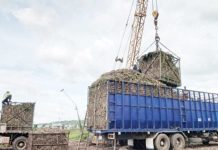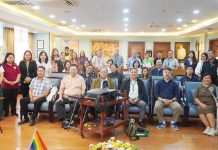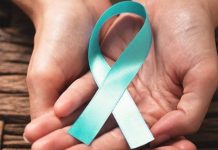
[av_one_full first min_height=” vertical_alignment=” space=” custom_margin=” margin=’0px’ padding=’0px’ border=” border_color=” radius=’0px’ background_color=” src=” background_position=’top left’ background_repeat=’no-repeat’ animation=”]
[av_heading heading=’City teen pregnancies drop’ tag=’h3′ style=’blockquote modern-quote’ size=’30’ subheading_active=’subheading_below’ subheading_size=’18’ padding=’10’ color=” custom_font=” av-medium-font-size-title=” av-small-font-size-title=” av-mini-font-size-title=” av-medium-font-size=” av-small-font-size=” av-mini-font-size=” admin_preview_bg=”]
BY GLENDA TAYONA
[/av_heading]
[av_textblock size=” font_color=” color=” av-medium-font-size=” av-small-font-size=” av-mini-font-size=” admin_preview_bg=”]
Sunday, March 11, 2018
[/av_textblock]
[av_textblock size=’18’ font_color=” color=” av-medium-font-size=” av-small-font-size=” av-mini-font-size=” admin_preview_bg=”]
ILOILO City – The number of teenagers getting pregnant has declined over the past three years, according to the local government.
There were 1,327 teenage pregnancies in 2017, the City Population Office (CPO) said, citing its Monitoring Information System.
The number was lower than the 1,753 cases in 2016 and 2,266 in 2015.
“We are happy to report that there is a decreasing trend on the number of reported cases of pregnancies among adolescents in Iloilo City,” said CPO head Mary Ann A. Ramos.
Ten of the 1,327 teenage mothers last year were 14-year-olds.
Five of them were from Molo, two from Arevalo, and one each from Mandurriao, Lapuz and La Paz.
“These are a mix of out-of-school and in-school youths,” Ramos said.
The CPO monitors teenage pregnancies among adolescents aged 10 to 19 years old, based on Department of Health guidelines, Ramos explained.
Ramos attributed the decline in teenage pregnancies to the CPO’s programs in coordination with City Health Office.
Among them was the “Adolescent Day” every Friday when they set up a health clinic “intended for young parents or adolescents with special needs,” she said.
“These are teenagers who have problems with reproductive health, personal life and mental health,” she said.
They also hold health and development classes in public high schools and barangays, and “Usapang Sessions for Adolescents,” where health service providers and young parents interact, said Ramos./PN
[/av_textblock]
[/av_one_full]







